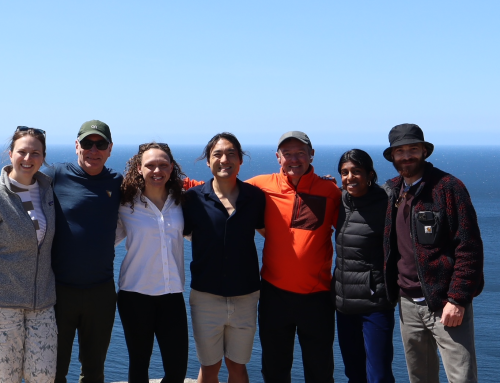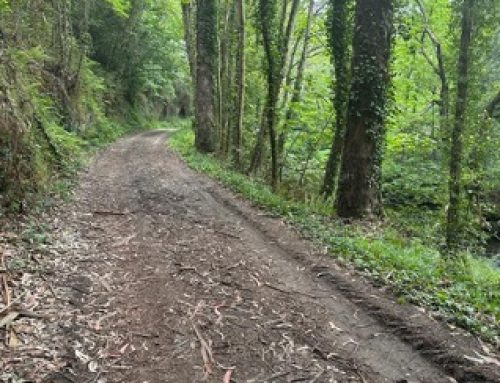
(photo taken by author in Kampong Glam Singapore )
“Listening is talking for him; there’s an eloquence to this kind of attentiveness; it’s rare,”
― Abraham Verghese, The Covenant of Water
All clinicians experience from time to time what we call the “difficult patient.” For just a moment, as you read those words, reflect on what arises within you. It may be that you want to stop reading. Interesting. It may be that a restlessness arises within you that speaks to wanting to experience something other than this. Perhaps an uneasiness occurs, felt in the stomach, that has you just about to reach for water or food to settle that feeling. Or a tension begins in the muscles, preparing you to run. Thoughts may form that judge others or equally possible judge yourself. All of that is also interesting. Of course, these thoughts, feelings, and sensations that combine to create the experience of this moment, or develop during the patient encounter, or appear in anticipation or reflection thereof are not problems by themselves. They are valid and normal facets of human experience. They are as normal and valid as the multitude of experiences we have from moment to moment that together become our lived experience, our real lives.
Yet, if we are honest with ourselves, we often wish these away, deny them, doubt and criticize ourselves for having them, and criticize our patients for evoking them. And, upon reflection, one of our strongest impulses may be to investigate the “why” they occur. Why are those patients so difficult? Why am I not able to handle this? Why now, with all the work I am facing? Why me? Why didn’t others address this with this patient? Yet, this line of inquiry can be fraught and full of implicit and explicit biases, as well as rife with the seduction of justification, that the problems lie elsewhere and out of our control. This too is perfectly natural given the complex, uncertain, and overwhelming distress that exists within the healthcare ecosystem, within the delivery of patient care, and within the many forms of distress acutely experienced by clinicians.
A different but perhaps more fruitful direction of inquiry occurs when we trust in our mindfulness practice. It asks us to start close in, first inquiring into the what rather than the why of these experiences. What are these sensations? What are these feelings? What are these thoughts? The qualities of curiosity, kindness, and observation when engaging in this investigation of the foundational sensory, affective, and somatic aspects of our experiences coupled with a desire to deeply comprehend through these foundations can help us better understand what is actually unfolding. We could say that this requires a deep listening, an eloquent kind of attentiveness that is rare indeed, but something we can cultivate.
And that leads me to an idea that may seem like a non-sequitur. That idea involves the word crisis. Originally derived from the Greek word krisis, meaning discrimination and decision, with the noun form derived from the verb krinō, meaning choose, discern, and decide. We do face crises in our work, sometimes daily, but certainly over time. With the challenges facing healthcare most of us would agree we are currently in a crisis. When faced with difficult patients, difficult encounters, and difficult situations, and when our mindfulness practice allows us to recognize the what that we are actually experiencing, we can then choose, discern, and decide what kind of action or actions would be most skillful.
Will we always choose, discern, and decide the best course of action? Of course we won’t. Remember, we are not perfect. (That is easy to forget). But whatever the results of our actions, we can continue to rely on the foundations of our mindfulness practice to help us understand the what and then respond to each subsequent crisis with choosing, discerning, and deciding. And so on. There really is no end to this practice and no end to the many ways in which it can impact not only how we choose to be present, impacting the quality of our work and ultimately the quality of patients care and wellbeing, but also our own personal and professional wellbeing.
But don’t take my word for it. Try it out for yourself! Do your own investigation- as both the scientist and subject. And what have you to lose? You are already experiencing the difficult patient anyway. You and I and the entire human race face difficulties from moment to moment and from day to day. We will never cease facing difficulties. The good news is that we can enter the ongoing crisis choosing, discerning, and deciding to enter the adventure anyway, with awareness and to explore the what. That is the exploration of a lifetime, and it begins with listening in the broadest and most skillful ways possible.






Leave A Comment